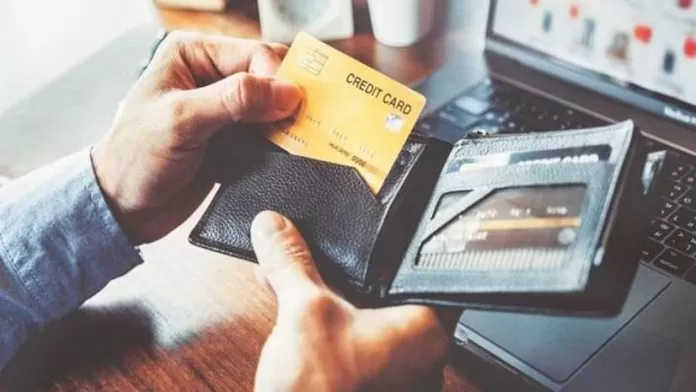
Credit cards are a system in which every month, the purchases you make within a certain time frame are added up and then you are billed. To make everything run smoothly, you have to pay that bill before a specific date called the due date. This keeps your credit in good standing and helps you avoid late fees and other penalties.
Understanding the credit card billing cycle is essential to effectively managing your finances, and recent regulations implemented by the Reserve Bank of India (RBI) have further impacted how credit card billing cycles are structured and managed. Have inserted. have done. Let's understand everything you need to know about your credit card billing cycle.
Your credit card details –
Credit card statement is a detailed summary of your credit card activity for a specific billing cycle. It shows your past balance, all the purchases you made during the billing cycle, any ongoing installment payments (EMIs), interest charges, late fees (if you have defaulted), and the total amount you owe. Reviewing your credit card statements regularly helps keep track of spending. It is good to check your details carefully and highlight errors to the issuer and correct them if necessary.
Billing cycle period and repayment –
This period can vary but usually lasts between 28 to 31 days. This is the time frame during which your transactions are accounted for. Also, it is important to understand the repayment period. After the statement date, you usually have about 10-15 days to pay your bill without any extra charges.
Billing date and outstanding amount –
Due date is the last date for credit card bill payment. You must make the payment within this stipulated time limit to avoid late fees and penalties. Late payments can lower your credit score.
Outstanding balance refers to the total balance outstanding on your credit card after the due date. Carrying the balance after the due date may incur interest charges, which will increase the total amount you need to repay. Paying your dues promptly helps manage debts and financial obligations responsibly.
Minimum amount payable –
Paying the minimum due amount avoids immediate penalties and helps maintain your credit score. This is the smallest payment you can make to keep your account active and avoid late fees. It is usually calculated as a percentage of your total outstanding balance or a fixed amount, whichever is greater. It's important to note that interest charges apply to the balance after the minimum payment, leading to additional costs over time. To avoid late fees, make as small a payment as possible but paying the full amount is good for your credit score and wallet.
how it works –
Let's say you're billed on the 25th of every month, and your due date is the 7th of the next month. If you receive a bill of Rs 10,000 on January 25, you have time till February 7 to repay it. Paying the full amount resets your credit limit, but if you can't manage it, at least pay the minimum amount due (5% of the bill). However, remember that interest will be charged on the balance, which will impact your next bill.
New rule of RBI for billing cycle –
According to RBI, now credit card companies will have to allow you to change your billing cycle at least once. This will allow you to align payments with your money flow, avoid late fees, and maintain a healthy credit score. So, instead of worrying about due dates, you can tailor your billing cycle to your financial rhythm.
 look news india
look news india